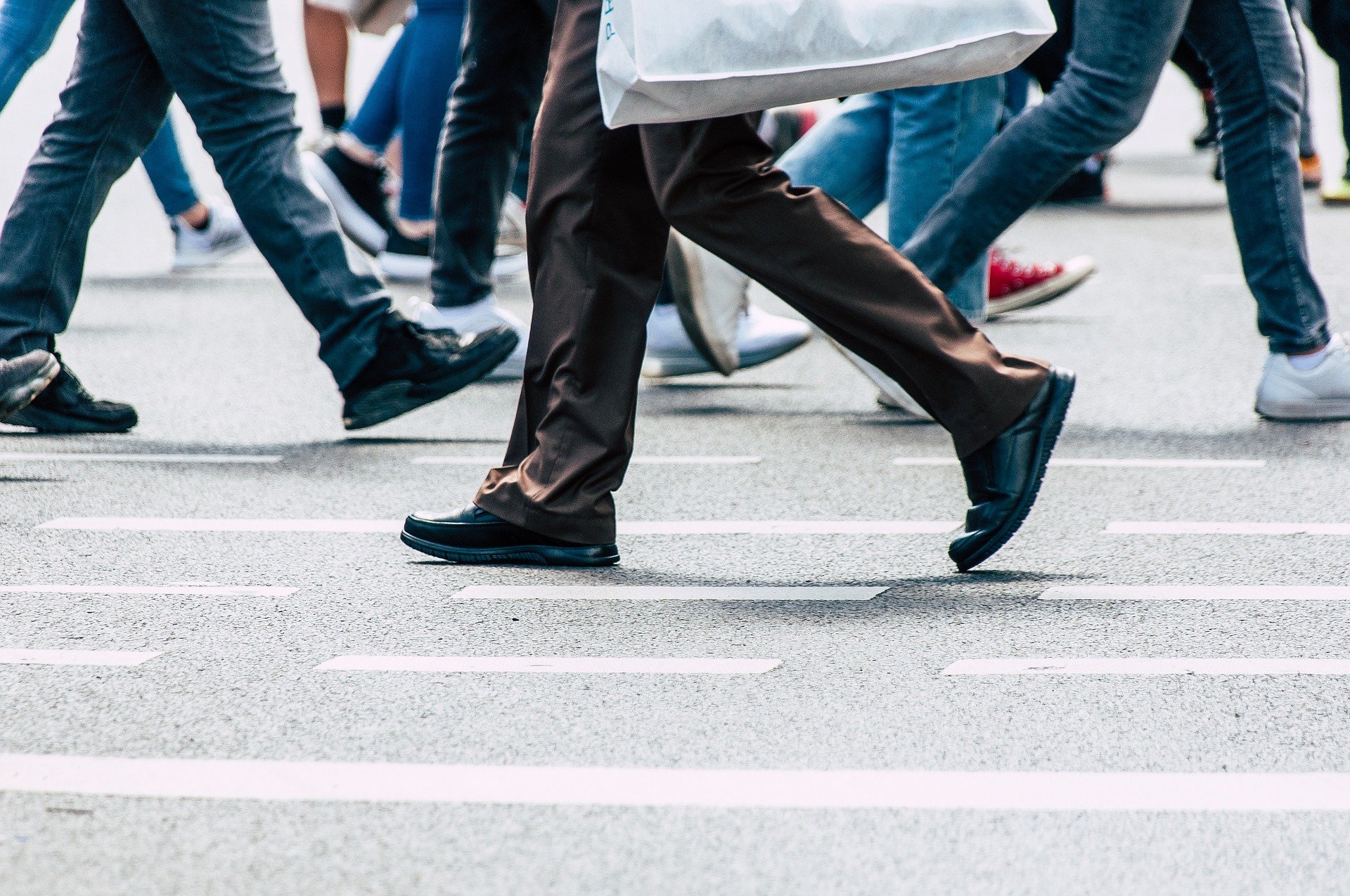The Quiet Revolution of Slow Living: Understanding its Roots and Impact
In the hustle and bustle of the 21st century, a new cultural trend is slowly but steadily gaining momentum - the slow living movement. This is not a fleeting trend, but rather a redefinition of societal norms and the pace at which we choose to live. Read below to understand the historical context, significance, and the transformative impact of the slow living movement.

Slow Living: Tracing its Historical Roots
The slow living movement finds its roots in the Slow Food movement of the 1980s. Originating in Italy as a response to the rise of fast food and fast life, the Slow Food movement promoted local food cultures and traditional cooking methods. Over time, this philosophy transcended the realm of food and evolved into a broader cultural shift known as slow living.
The Rise of Slow Living in Modern Society
Against the backdrop of an increasingly fast-paced and hyperconnected world, the slow living movement encourages individuals to embrace a slower, more mindful approach to life. It emphasizes the importance of quality over quantity, urging people to savor experiences rather than rushing through them.
The rise of slow living is evident in various aspects of contemporary culture. From slow travel and slow fashion to slow reading and slow parenting, this movement is reshaping societal norms and expectations.
Slow Living: Unpacking its Societal Significance
The significance of the slow living movement is multifaceted. On an individual level, slow living promotes mental and physical well-being by reducing stress and fostering mindfulness. It encourages individuals to live in the moment, appreciate the small things, and cultivate deeper connections with people and their surroundings.
On a societal level, the slow living movement challenges the consumer-driven culture and the relentless pursuit of productivity. It advocates for a more sustainable and mindful lifestyle that respects the environment and values human relationships over material possessions.
The Research Behind the Slow Living Movement
Numerous studies underscore the benefits of slow living. Research indicates that adopting a slower pace of life can lead to improved mental health, increased happiness, and a greater sense of fulfillment. Moreover, slow living practices such as mindfulness and meditation are scientifically proven to reduce stress and anxiety.
The Future of Slow Living
As we navigate the complexities of the 21st century, the slow living movement offers a refreshing perspective. It invites us to pause, reflect, and reconsider the pace at which we live. While it may seem counterintuitive in our fast-paced world, slow living holds the potential to enrich our lives and transform our society.
In conclusion, the slow living movement represents a quiet revolution in our understanding of success and happiness. Rooted in historical resistance against fast-paced lifestyles, it provides a viable alternative to the relentless speed of modern life. As we move forward, the slow living movement will continue to shape our societal norms and values, offering a path towards a more mindful and sustainable future.




